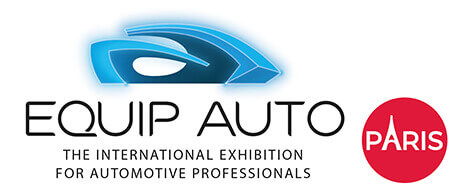(R)EVOLUTION - The advent of car GPS
The advent of car GPS
The way we travel has undergone a quiet but decisive revolution with the arrival of satellite navigation. For decades, motorists relied on road maps, pre-planned routes or local directions to find their way around. Accuracy was relative, and unexpected detours were frequent. Everything changed in the 1990s, when satellite positioning was introduced into the car for the first time.
The Mazda Eunos Cosmo, launched in 1990, pioneered this advance by becoming the first vehicle equipped with on-board GPS. This innovation, reserved at the time for a high-end model, demonstrated that technology initially developed for military purposes could also transform everyday mobility. For drivers, it was a revolution: the ability to know their exact position in real time and be guided to a destination without having to consult a map.
GPS quickly became widely available. In the 2000s, it spread on a large scale thanks to systems integrated by manufacturers, but also via the first portable devices for the general public, followed by mobile applications. Navigation became interactive, dynamic and personalised: route recalculation in case of error, journey time estimation, choice between several routes. Advances in digital technology and connectivity further enhanced these services by integrating real-time data on traffic, weather conditions and nearby points of interest.
Today, satellite navigation has become so commonplace that it is considered almost indispensable. It is no longer limited to providing directions: it offers genuine intelligent driving assistance, capable of suggesting alternatives in the event of traffic jams, flagging danger zones and optimising routes to reduce energy consumption. In electric vehicles, it even integrates with range management by indicating available charging stations along the route.
Behind this familiar technology lie decades of research. The work of American mathematician Gladys Mae West was particularly instrumental in the development of modern GPS. Her contributions, long overlooked, remind us that this innovation is the result of international scientific and technical collaboration, before becoming a universal everyday tool.
From the Mazda Eunos Cosmo to the intelligent systems embedded in today’s connected cars, GPS illustrates how the automobile has been able to integrate global technological advances to transform driving into a more peaceful, efficient and safe experience.



